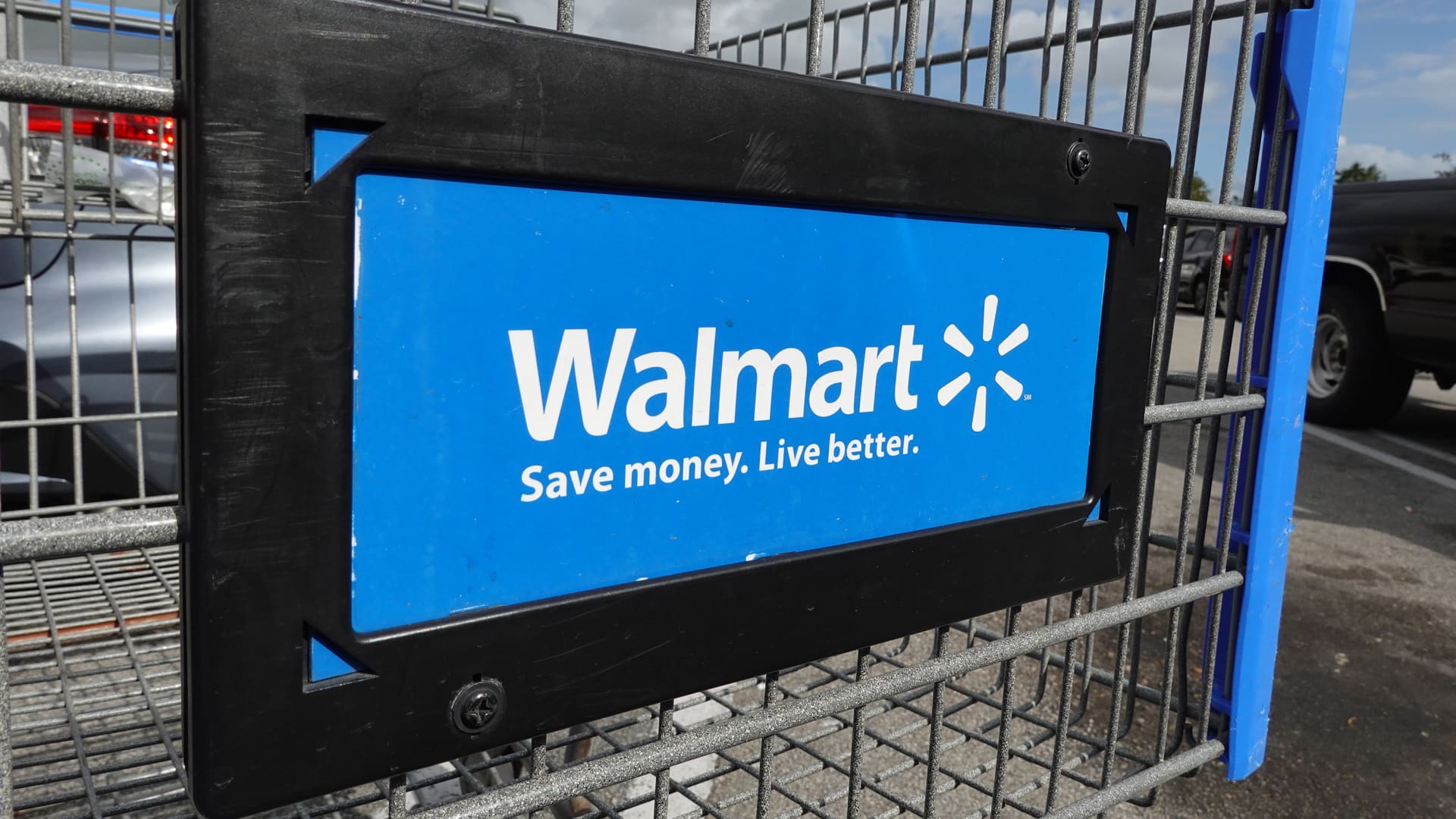Morgan Stanley’s stock playbook for this slowing, ‘late-cycle’ economy

Investors should seek out safer hideaways in the market as economic activity reaches its peak — and defensive sectors, such as health care and utilities, are the best spot for that, according to Morgan Stanley. “The leading macro data suggests that we’re in a late cycle market environment as do the internals of the equity market,” analyst Andrew Pauker wrote in a Tuesday note. To play this market, the firm recommended a “barbell” of traditional defensive stocks, some select growth opportunities and late-cycle cyclical names. “In line with the historical precedent, the combination of these cohorts has outperformed the broader market during the current late cycle regime, which began last year,” Pauker said, adding that this investment strategy should offer relative performance upside. To be sure, he recommended a stock-picking approach, saying there remains a high level of stock-specific risk for both the overall market and for defensive growth and late-cycle cyclical names. Take a look below for some of Morgan Stanley’s favorite stocks in this slow-growth environment. 1) Traditional Defensives Despite its year-to-date underperformance against the broader market, health care remains Morgan Stanley’s preferred defensive sector. The firm, which prefers large caps in the sector, views the group as a “late cycle outperformer” given its growth properties and history of outperforming in late-cycle periods and during falling inflation. According to Pauker, earnings revisions for the sector have turned higher and relative valuation remains attractive, particularly for biotech and pharmaceutical names, as well as health-care providers and services. Each of the listed stocks are rated overweight by the firm. Walmart is one of its top picks. Shares have gained 15% so far this year, and have continued in the green this quarter. The firm expects this mega-retailer to show accelerating EBIT growth, with ongoing share gains driven by its core grocery business and margin expansion from its emerging profit streams and supply chain. Amid inflationary pressures, Walmart’s low prices have retained lower-income consumers and attracted more high-income shoppers , who made up roughly half the company’s market share gains in food in the fiscal quarter that ended in January. Another favorite defensive play is life sciences company Thermo Fisher Scientific . Despite near-term challenges, Morgan Stanley said it expects the industry’s attractive long-term fundamentals to support the company’s return to growth in the 4% to 6% range over time. Thermo Fisher missed forecasts on Wednesday, sending its stock to a two-year low. It expects a more challenging first half of 2024 before seeing moderate core organic revenue growth in the second half. Thermo Fisher said its pandemic-related revenue, which included testing and vaccines, is likely to be a headwind. Still, Morgan Stanley is optimistic on the stock, saying “we see TMO as among the best positioned across the sector to drive above-peer/-market growth … given the combination of a resilient and diversified business model, strong operational track record, best-in-class [management] team, focus on innovation … and embedded capital deployment optionality.” Beverage company Keurig Dr Pepper , utility CenterPoint Energy and wholesale retailer Costco were among the other names that made the cut. 2) Select Growth Opportunities These defensive and lower volatility growth stocks are rated overweight by Morgan Stanley analysts, who say these companies offer a “balance of relative performance stability along with attractive growth properties.” Costco and toothpaste seller Colgate-Palmolive again made this list, with analysts liking the broader consumer staples sector for its consistent record of late-cycle outperformance and the group’s year-to-date underperformance. According to the firm’s consumer research, demand remains strong for staples such as groceries and household items, benefiting these names, while demand continues to weaken in discretionary spending categories, like apparel. Still, popular consumer food companies Yum Brands and McDonald’s are considered growth stocks based on their market cap and volatility. Both are in the red for the year. Other growth-oriented defensives include health-care names UnitedHealth Group and Eli Lilly . Analysts noted that artificial intelligence and machine learning advancements present an opportunity to advance the sector. 3) Late-Cycle Cyclicals Several energy companies — including Marathon Oil , Valero Energy and ConocoPhillips — can shine in a late-cycle market environment, according to Morgan Stanley. Morgan Stanley analyst Devin McDermott said that of the firm’s coverage, Marathon offers one of the highest levels of free cash flow and total return yields with dividends and buybacks at 13% and 10%, respectively. He added that ConocoPhillips, which also offers strong FCF generation and cash returns to investors, has an “attractive value proposition in the current commodity price environment” given the recent rally in oil prices. Freight transportation company Knight-Swift Transportation is another favorite. Shares are down 5.6% for the year. “KNX is our top pick due to their scale and exposure, structural improvements in [full truckload] and recent idiosyncratic catalysts from the USX integration and [less-than-truckload shipping] exposure,” analyst Ravi Shanker said about the stock. “We continue to see normalized EPS at $4 (+$1 for the USX acquisition) well above what is currently priced into the stock and expect increased investor interest with definitive proof of an upcycle.” Defense giant Northrop Grumman , Howmet Aerospace and Delta Airlines also made the list.







